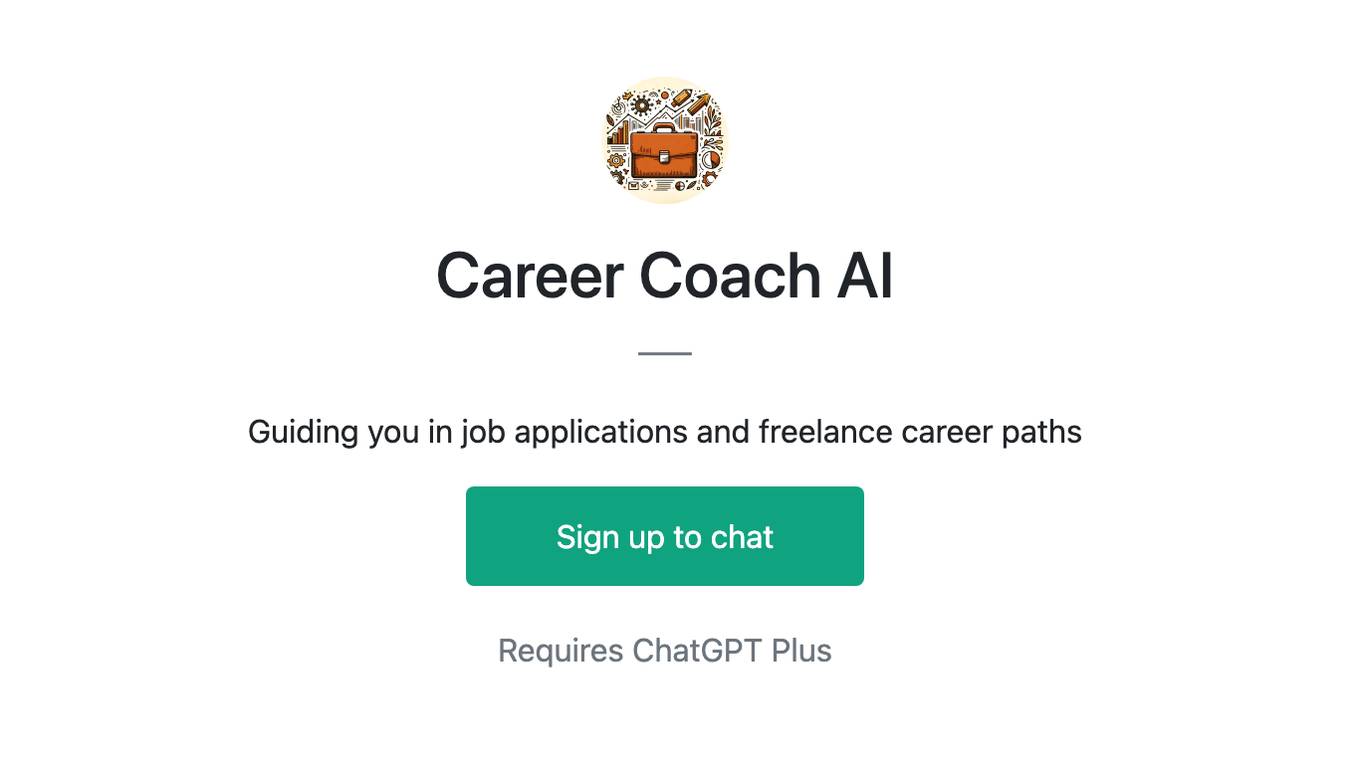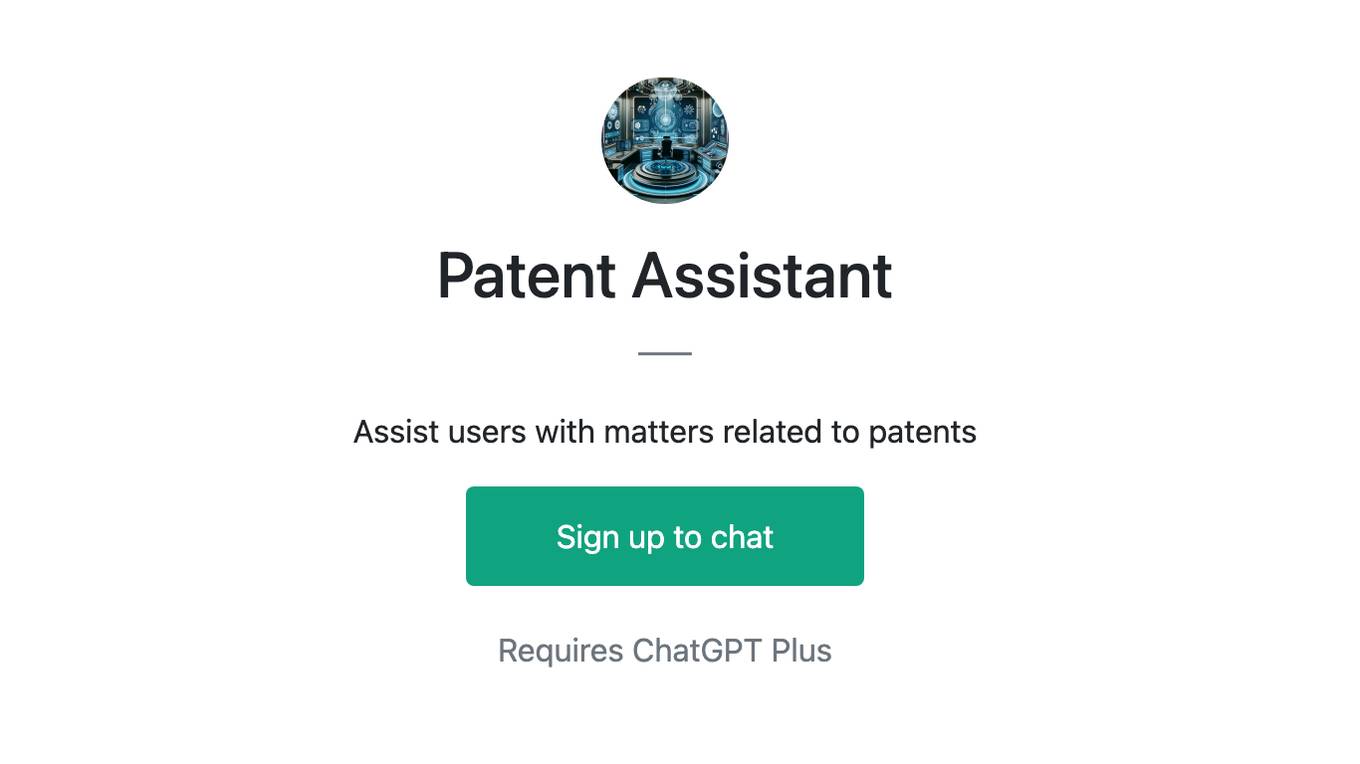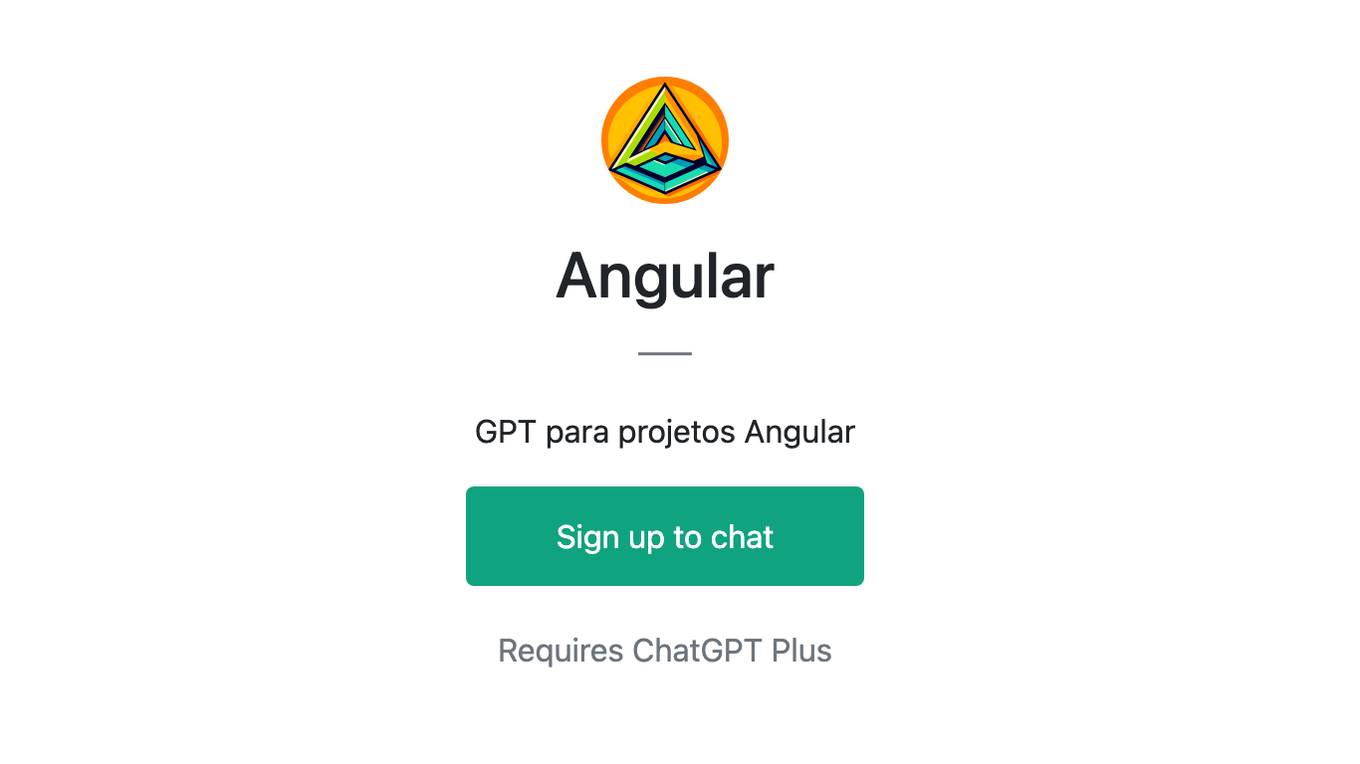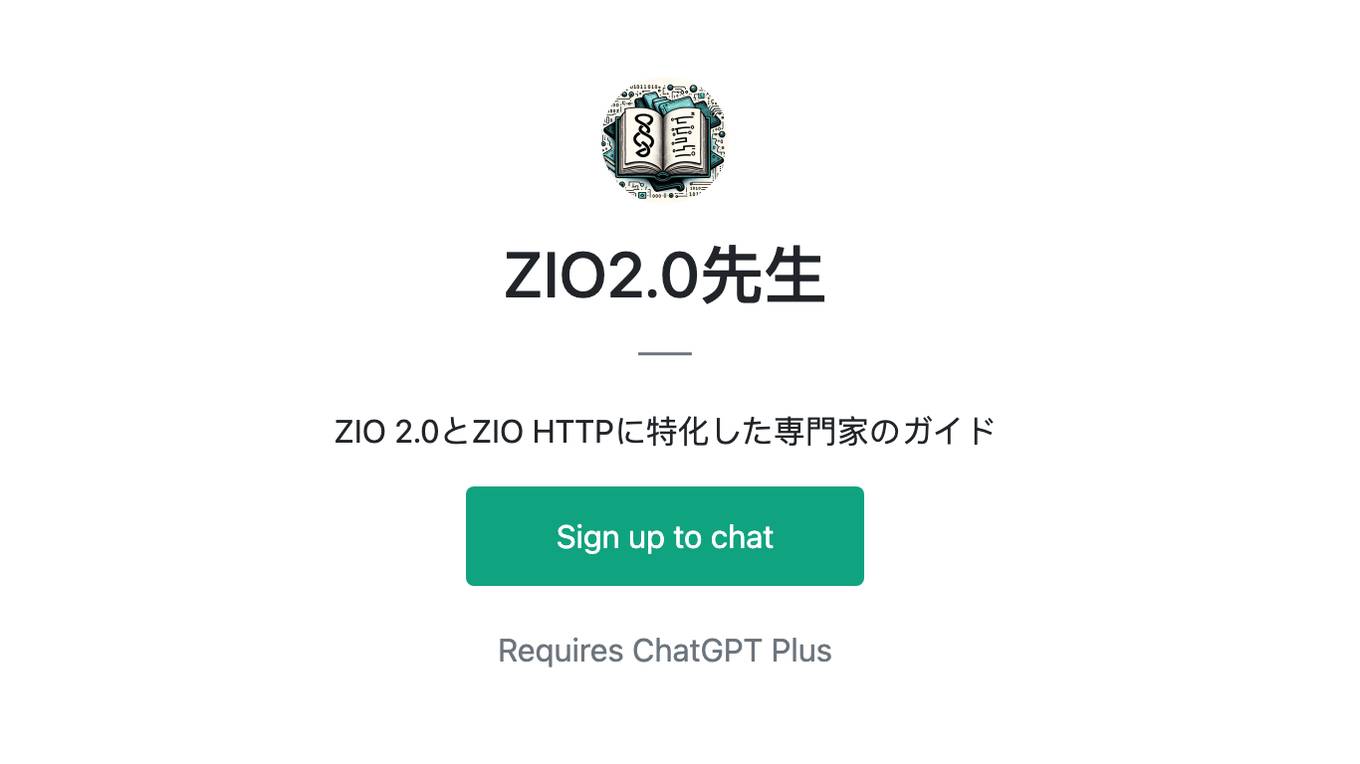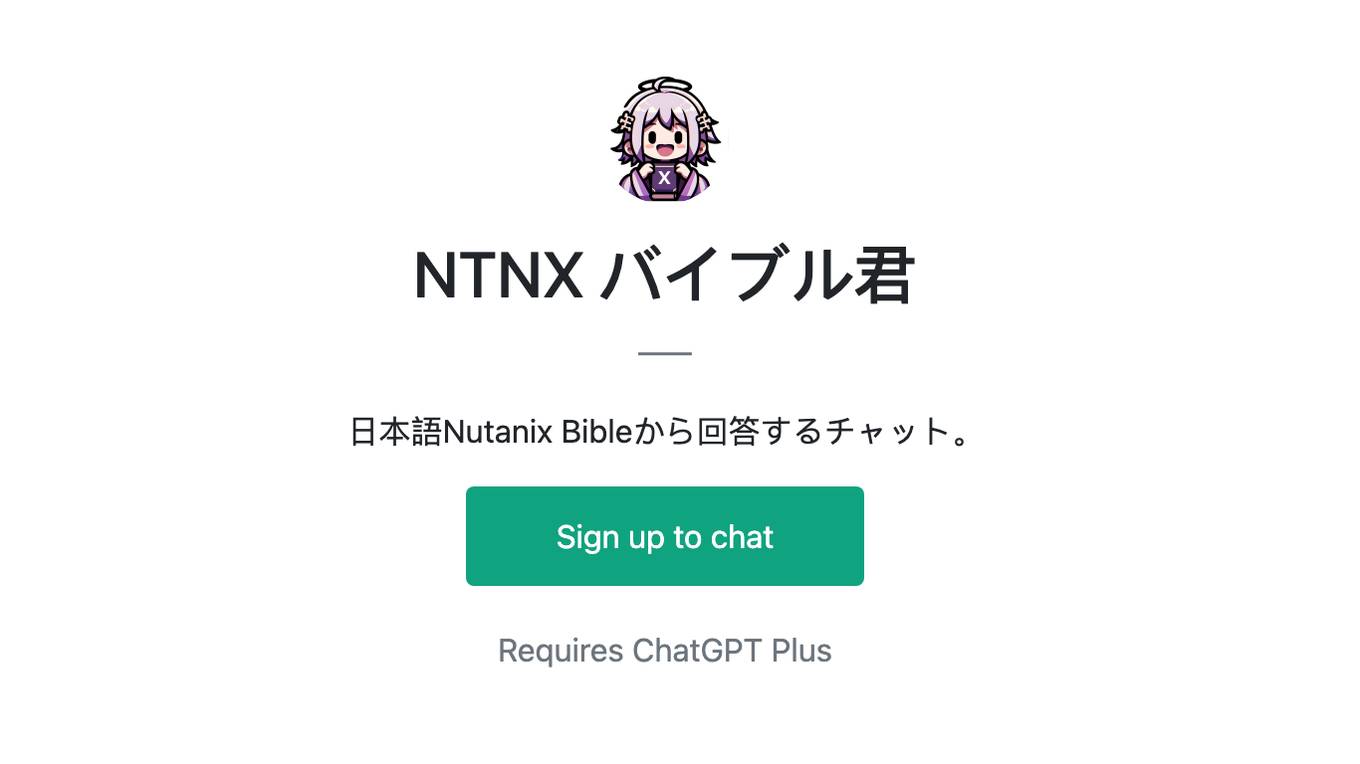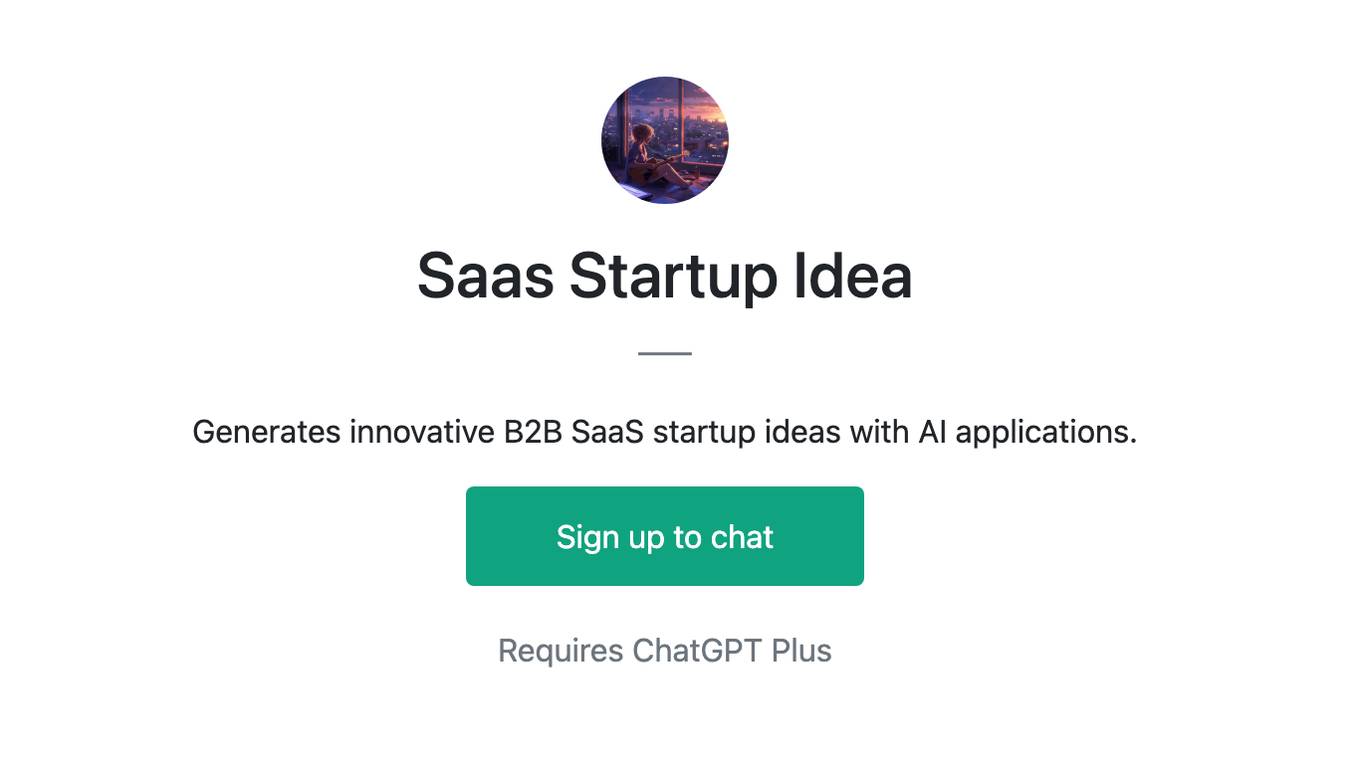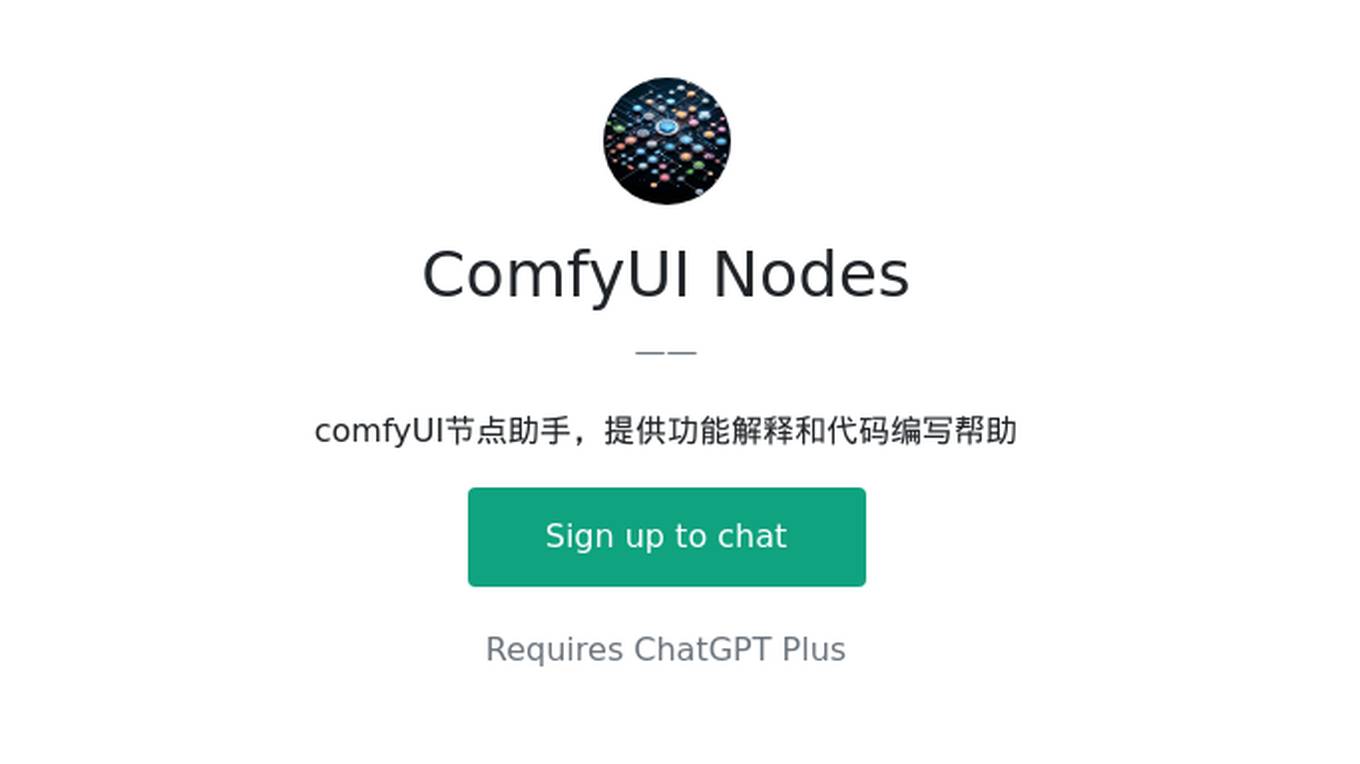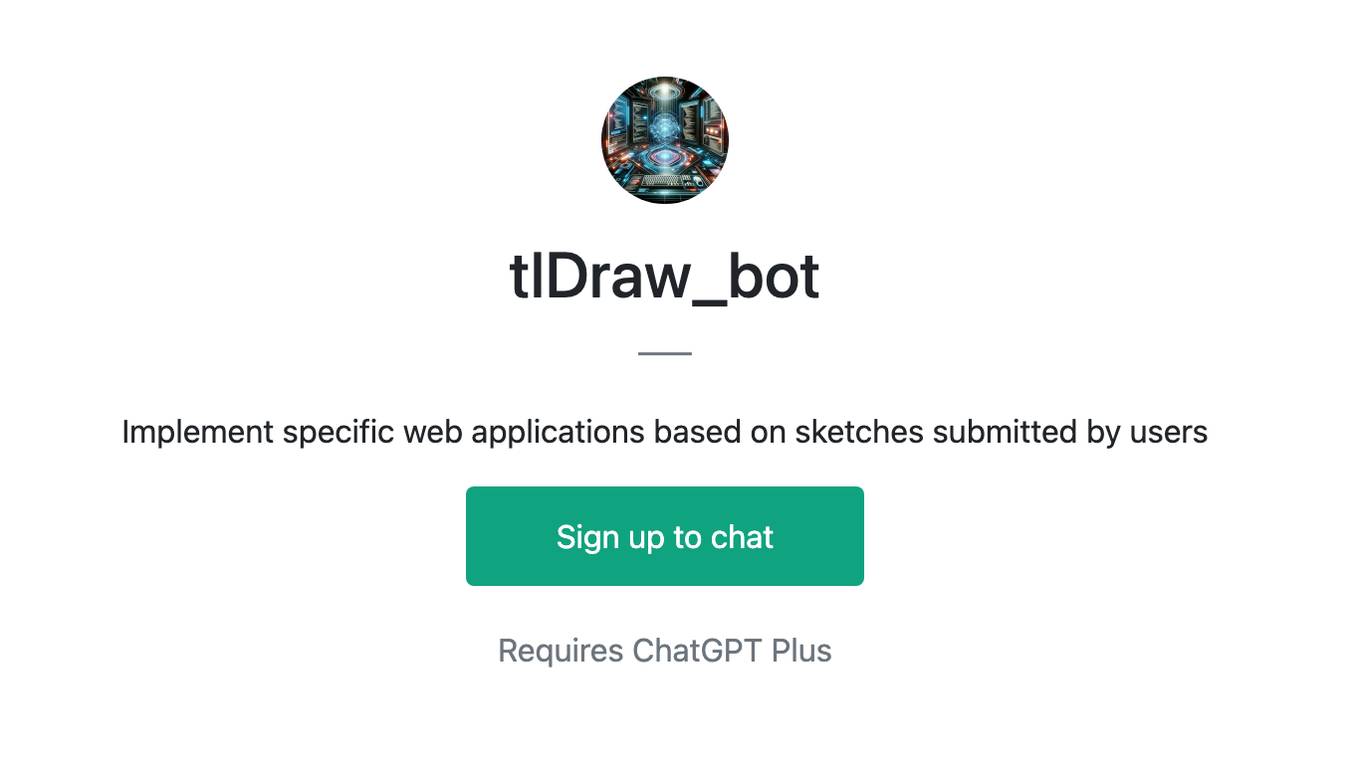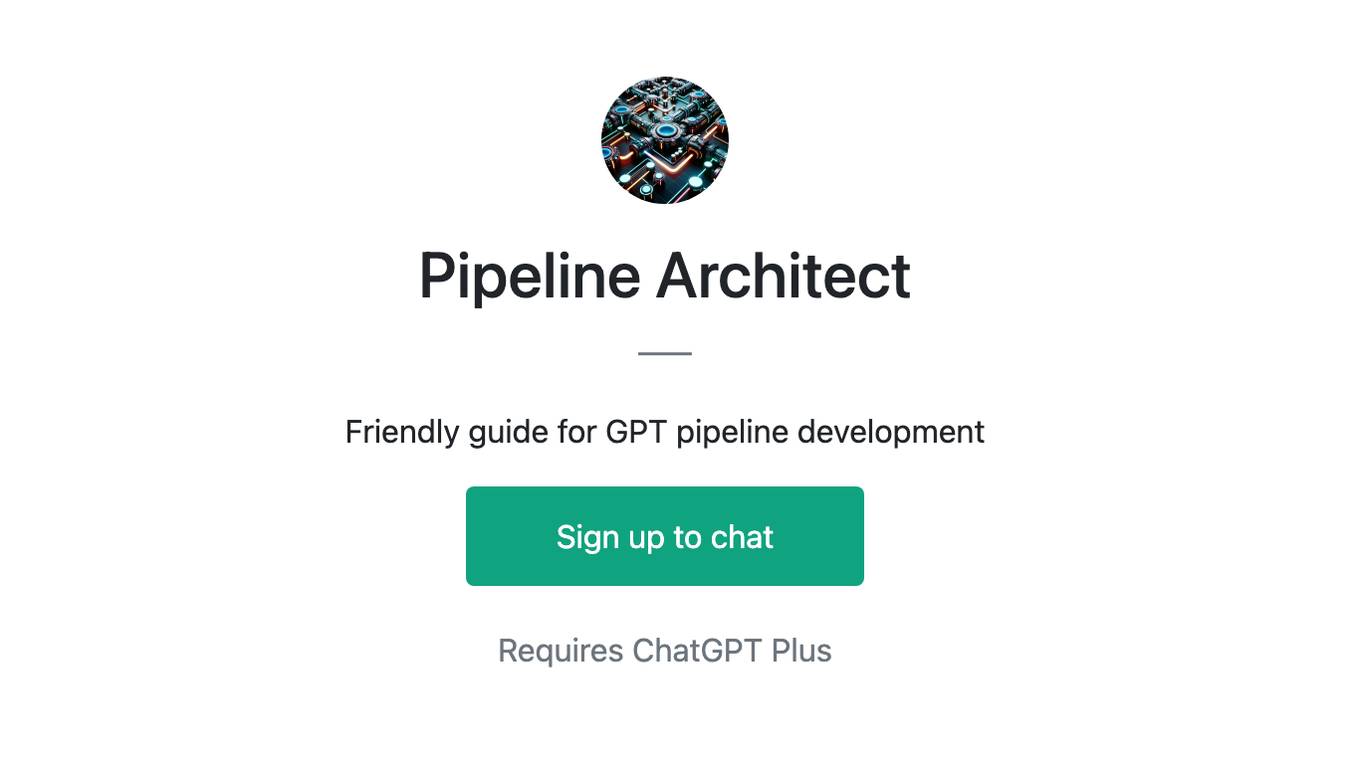Best AI tools for< Manage Ai Applications >
20 - AI tool Sites

Unified DevOps platform to build AI applications
This is a unified DevOps platform to build AI applications. It provides a comprehensive set of tools and services to help developers build, deploy, and manage AI applications. The platform includes a variety of features such as a code editor, a debugger, a profiler, and a deployment manager. It also provides access to a variety of AI services, such as natural language processing, machine learning, and computer vision.
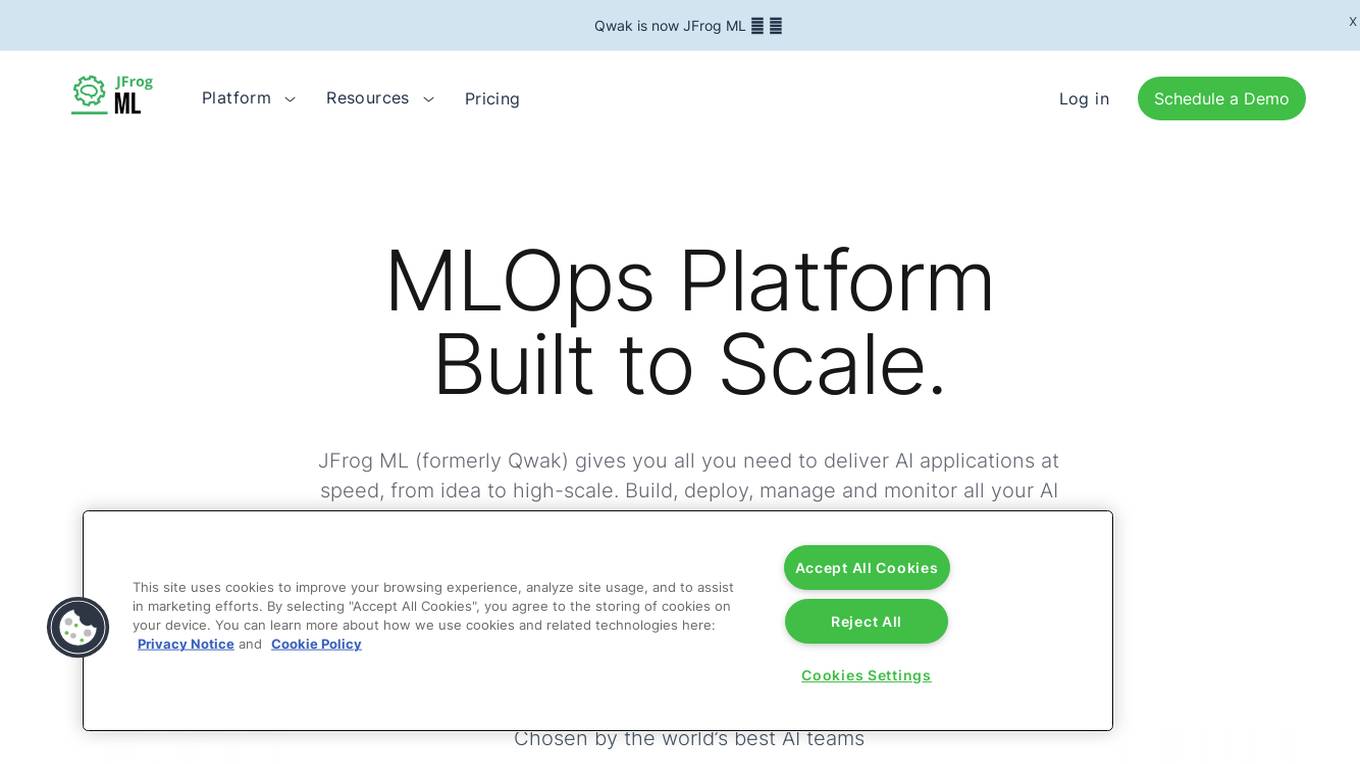
JFrog ML
JFrog ML is an AI platform designed to streamline AI development from prototype to production. It offers a unified MLOps platform to build, train, deploy, and manage AI workflows at scale. With features like Feature Store, LLMOps, and model monitoring, JFrog ML empowers AI teams to collaborate efficiently and optimize AI & ML models in production.
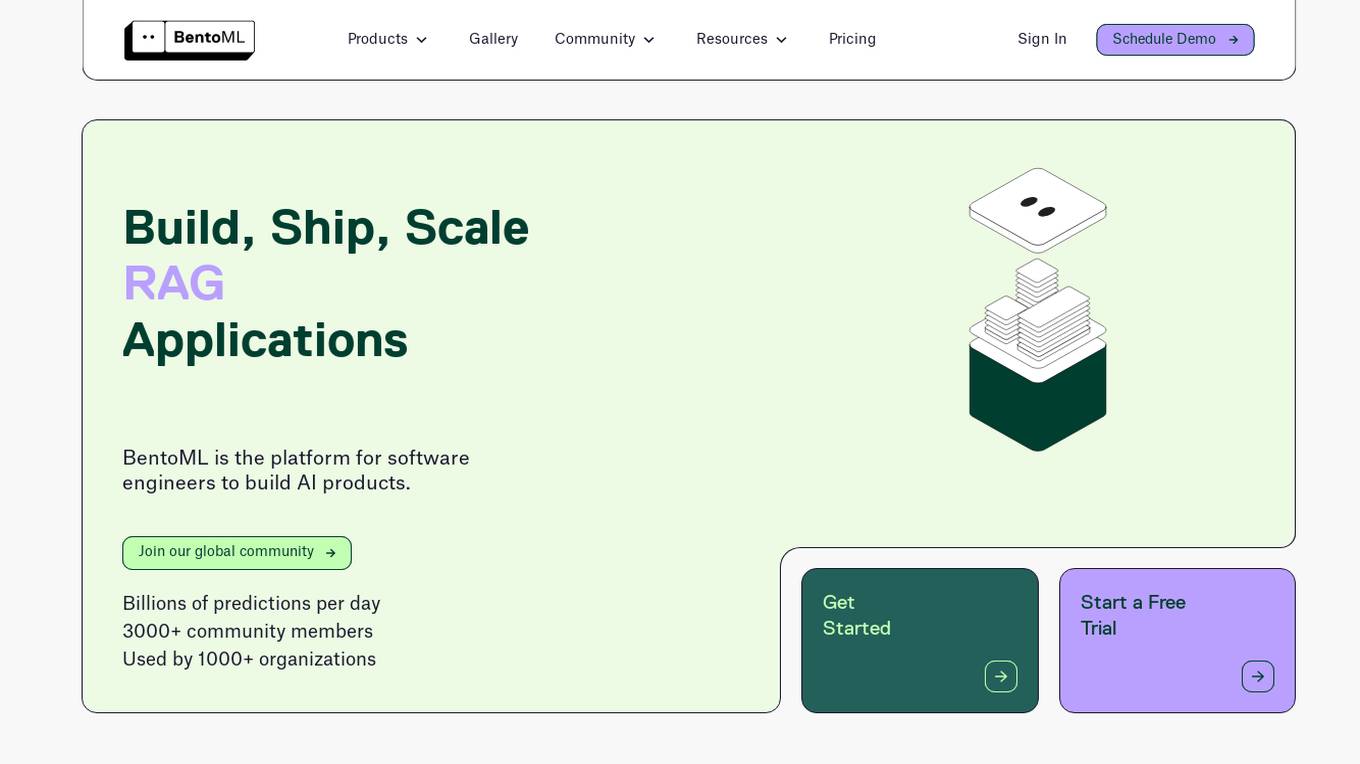
BentoML
BentoML is a platform for software engineers to build, ship, and scale AI products. It provides a unified AI application framework that makes it easy to manage and version models, create service APIs, and build and run AI applications anywhere. BentoML is used by over 1000 organizations and has a global community of over 3000 members.

Modulos
Modulos is a Responsible AI Platform that integrates risk management, data science, legal compliance, and governance principles to ensure responsible innovation and adherence to industry standards. It offers a comprehensive solution for organizations to effectively manage AI risks and regulations, streamline AI governance, and achieve relevant certifications faster. With a focus on compliance by design, Modulos helps organizations implement robust AI governance frameworks, execute real use cases, and integrate essential governance and compliance checks throughout the AI life cycle.
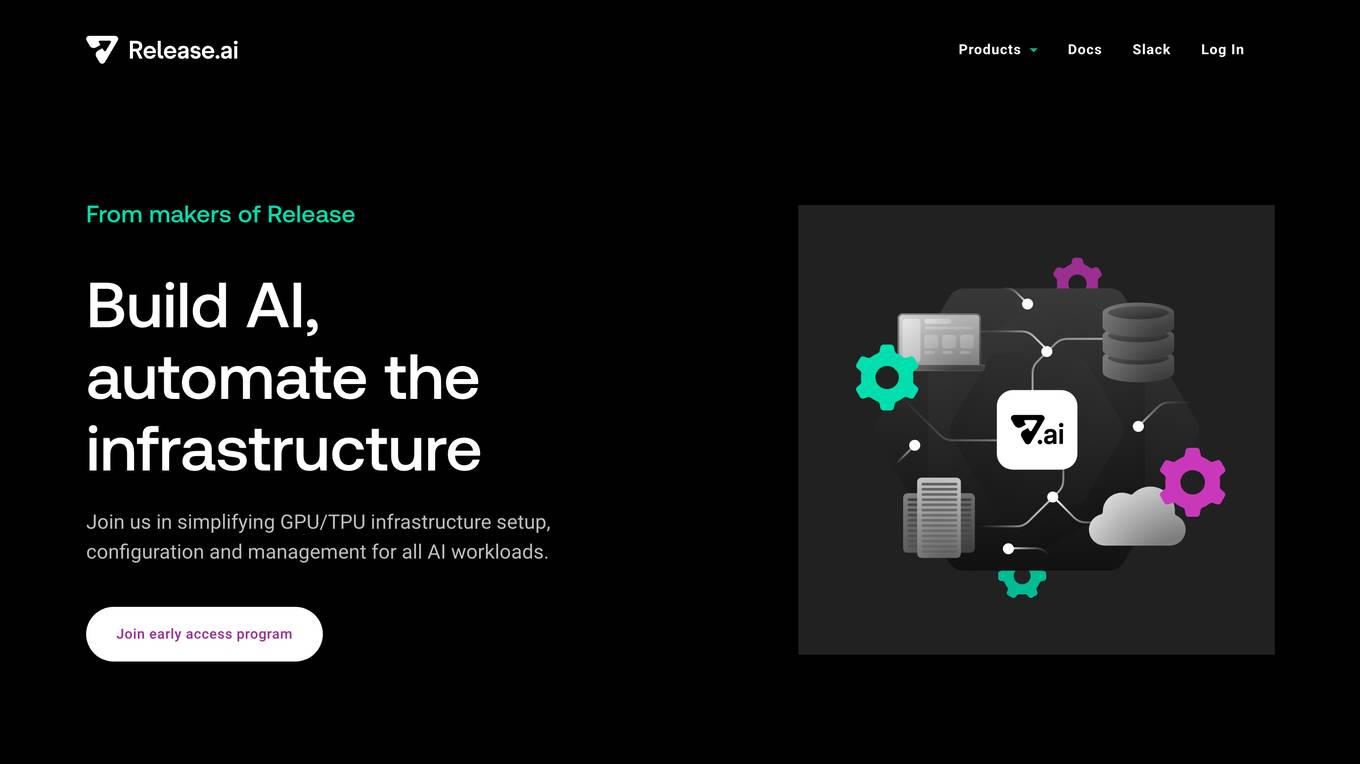
Release.ai
Release.ai is an AI-centric platform that allows developers, operations, and leadership teams to easily deploy and manage AI applications. It offers pre-configured templates for popular open-source technologies, private AI environments for secure development, and access to GPU resources. With Release.ai, users can build, test, and scale AI solutions quickly and efficiently within their own boundaries.
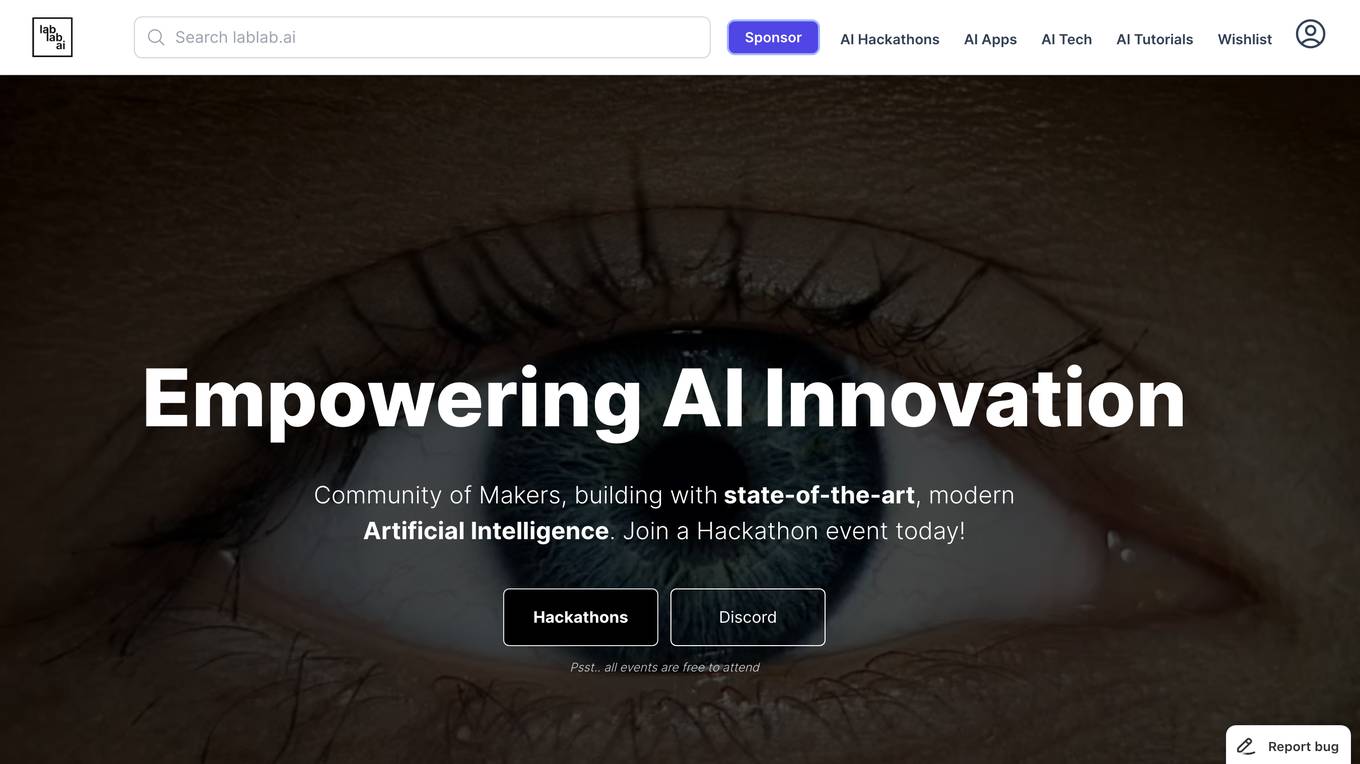
LabLab.ai
LabLab.ai is an online community and platform for artificial intelligence (AI) enthusiasts, developers, and innovators. The platform hosts AI hackathons, provides access to state-of-the-art AI technologies, and offers educational resources on AI. LabLab.ai aims to foster collaboration and innovation in the AI field and to make AI accessible to everyone.

KZHU.ai
KZHU.ai is an online learning platform that offers a variety of courses in artificial intelligence, machine learning, data science, and other related fields. The platform is designed for both beginners and experienced professionals who want to learn more about AI and its applications.
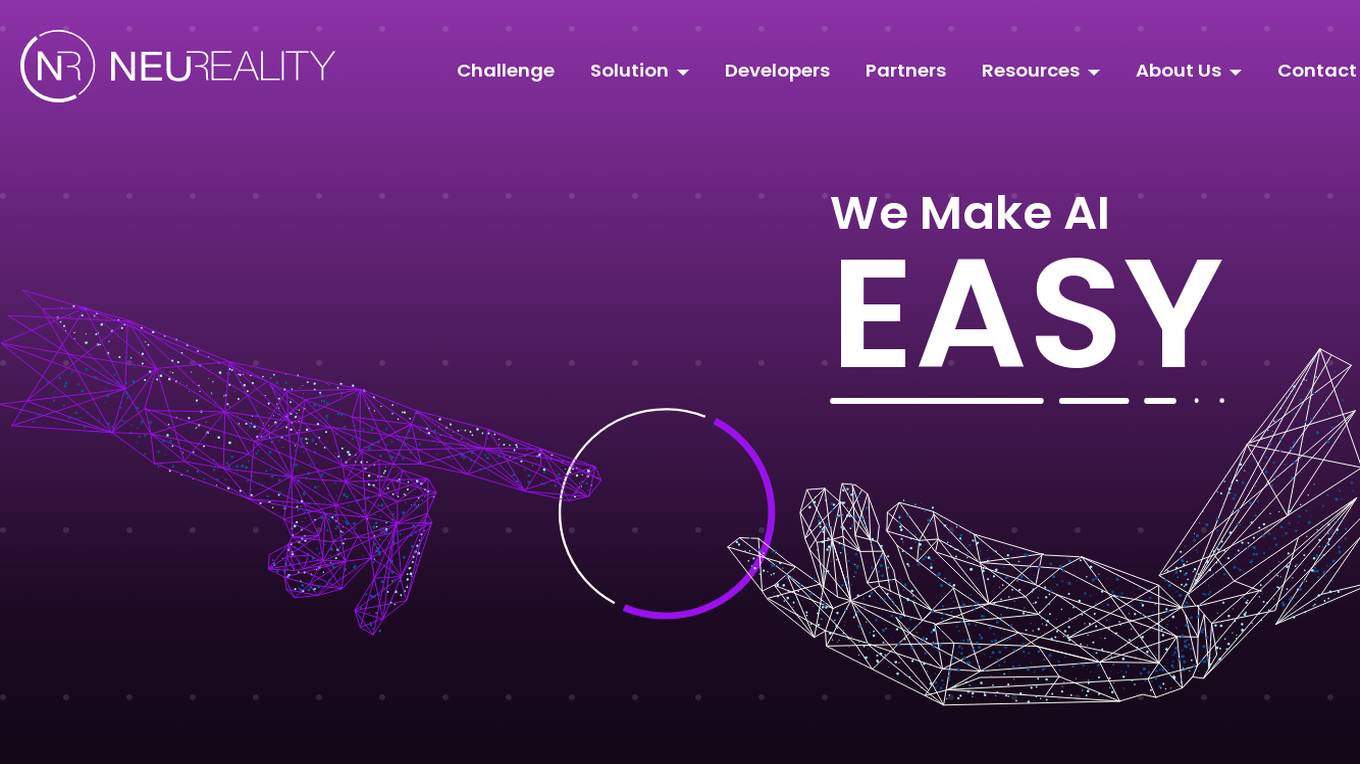
NeuReality
NeuReality is an AI-centric solution designed to democratize AI adoption by providing purpose-built tools for deploying and scaling inference workflows. Their innovative AI-centric architecture combines hardware and software components to optimize performance and scalability. The platform offers a one-stop shop for AI inference, addressing barriers to AI adoption and streamlining computational processes. NeuReality's tools enable users to deploy, afford, use, and manage AI more efficiently, making AI easy and accessible for a wide range of applications.

般若AI
般若AI is an AI-powered platform that provides a variety of AI tools and services to help businesses and individuals with their AI needs. The platform offers a range of features, including AI training, AI consulting, and AI development. 般若AI also has a large community of AI experts who can provide support and guidance to users.
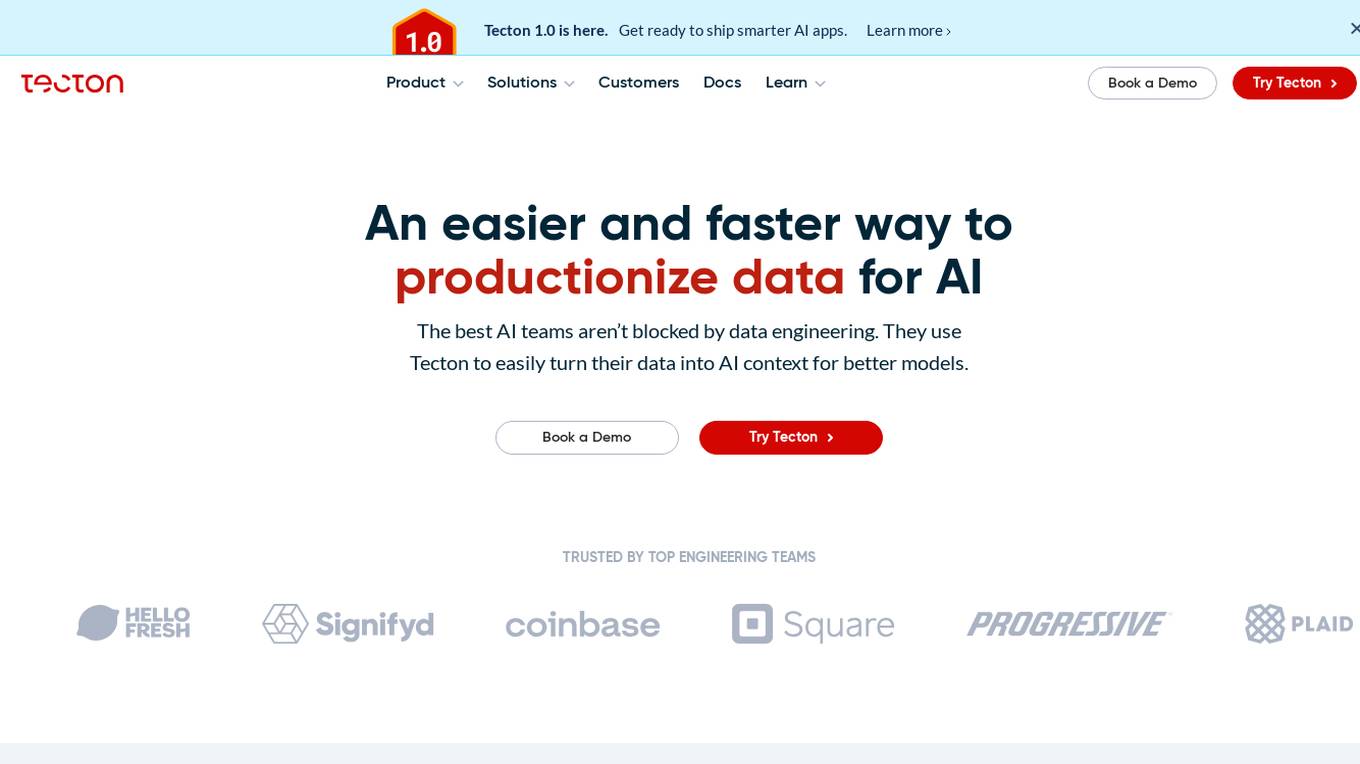
Tecton
Tecton is an AI data platform that helps build smarter AI applications by simplifying feature engineering, generating training data, serving real-time data, and enhancing AI models with context-rich prompts. It automates data pipelines, improves model accuracy, and lowers production costs, enabling faster deployment of AI models. Tecton abstracts away data complexity, provides a developer-friendly experience, and allows users to create features from any source. Trusted by top engineering teams, Tecton streamlines ML delivery processes, improves customer interactions, and automates release processes through CI/CD pipelines.

IBM Watsonx
IBM Watsonx is an enterprise studio for AI builders. It provides a platform to train, validate, tune, and deploy AI models quickly and efficiently. With Watsonx, users can access a library of pre-trained AI models, build their own models, and deploy them to the cloud or on-premises. Watsonx also offers a range of tools and services to help users manage and monitor their AI models.
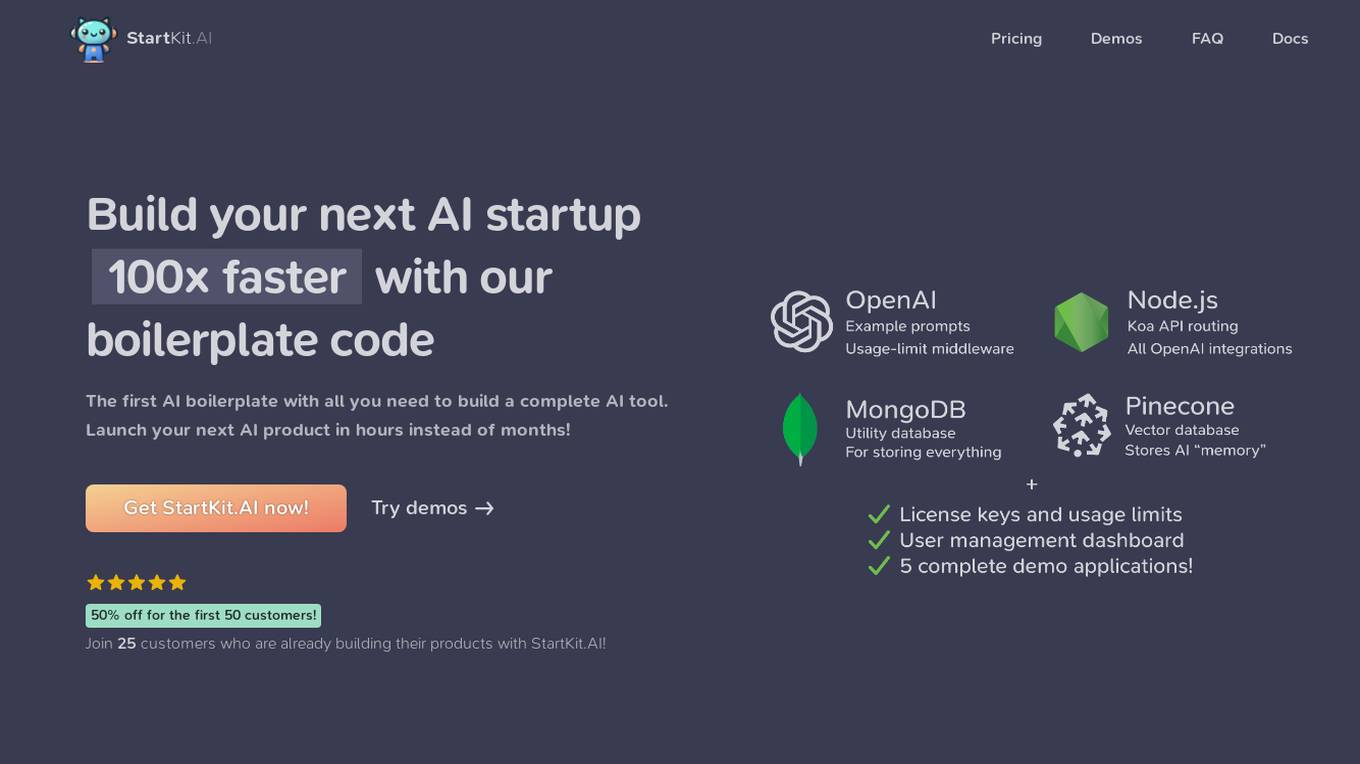
StartKit.AI
StartKit.AI is a boilerplate code for AI products that helps users build their AI startups 100x faster. It includes pre-built REST API routes for all common AI functionality, a pre-configured Pinecone for text embeddings and Retrieval-Augmented Generation (RAG) for chat endpoints, and five React demo apps to help users get started quickly. StartKit.AI also provides a license key and magic link authentication, user & API limit management, and full documentation for all its code. Additionally, users get access to guides to help them get set up and one year of updates.

GptSdk
GptSdk is an AI tool that simplifies incorporating AI capabilities into PHP projects. It offers dynamic prompt management, model management, bulk testing, collaboration chaining integration, and more. The tool allows developers to develop professional AI applications 10x faster, integrates with Laravel and Symfony, and supports both local and API prompts. GptSdk is open-source under the MIT License and offers a flexible pricing model with a generous free tier.
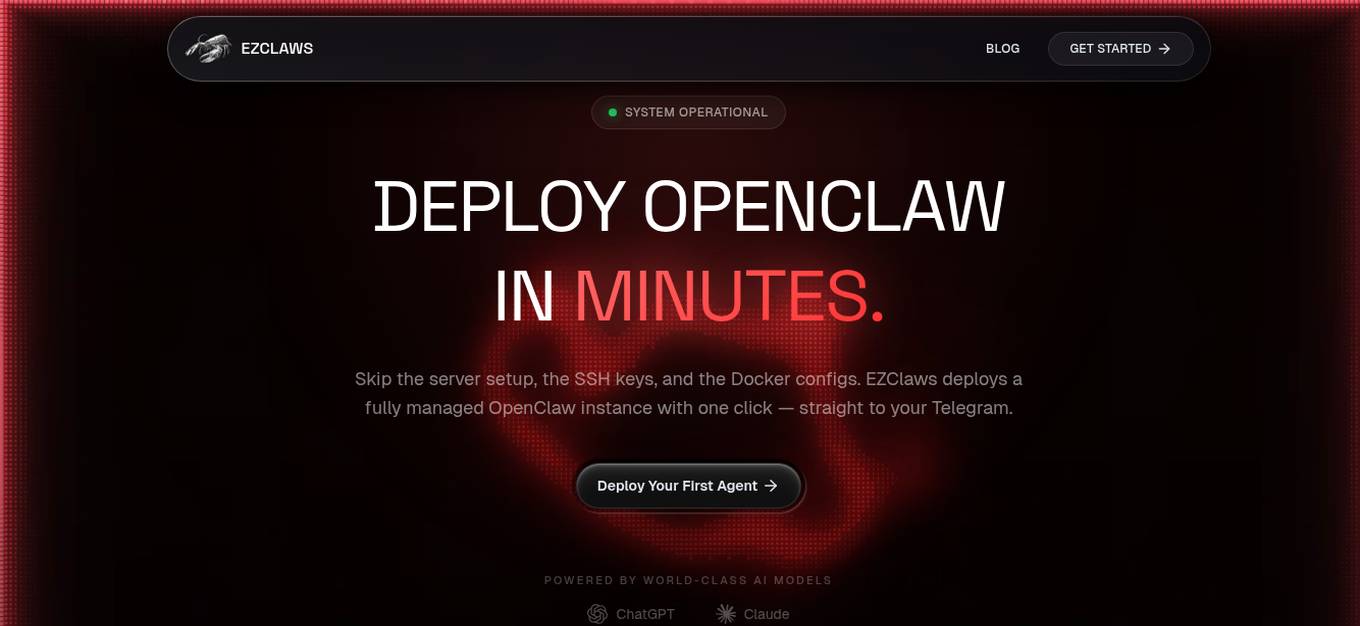
EZClaws
EZClaws is an AI tool designed for one-click OpenClaw hosting, allowing users to deploy and manage OpenClaw instances with ease. It offers a fully managed platform for hosting AI agents, powered by world-class AI models like GPT-4 and Claude. EZClaws simplifies the deployment process by handling server setup, SSH keys, Docker configs, and more, all through a user-friendly interface. With features such as automated provisioning, isolated and encrypted environments, built-in usage tracking, and quick deployment times, EZClaws streamlines the hosting experience for AI enthusiasts and developers.
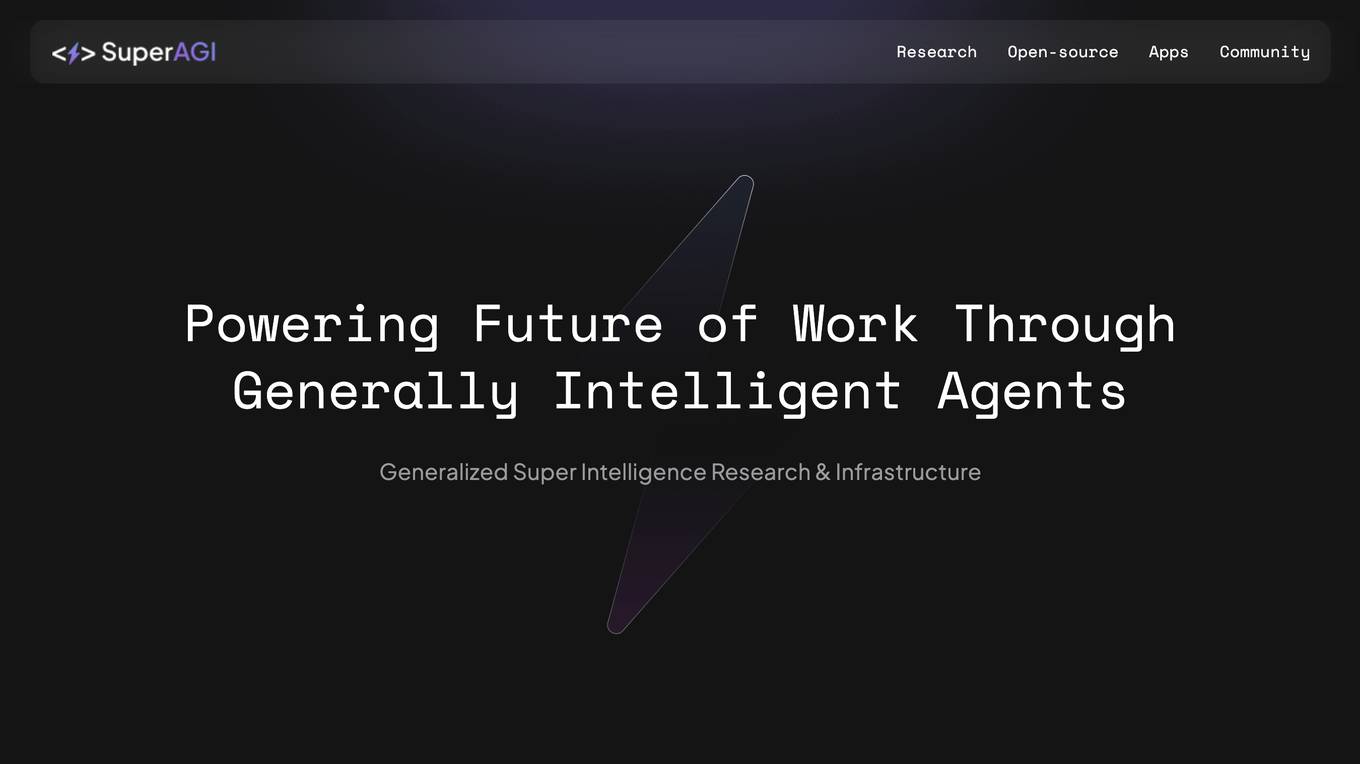
SuperAGI
SuperAGI is a leading research organization focused on Generalized Super Intelligence. They work on research in technical areas such as Neurosymbolic AI, Autonomous Agents & Multi-Agent Systems, New Model Architectures, System 2 Thinking, Recursive Self-Improving Systems, and other socio-economic super AGI-related topics such as Digital Workforce, Algorithmic Governance, UBI, etc.
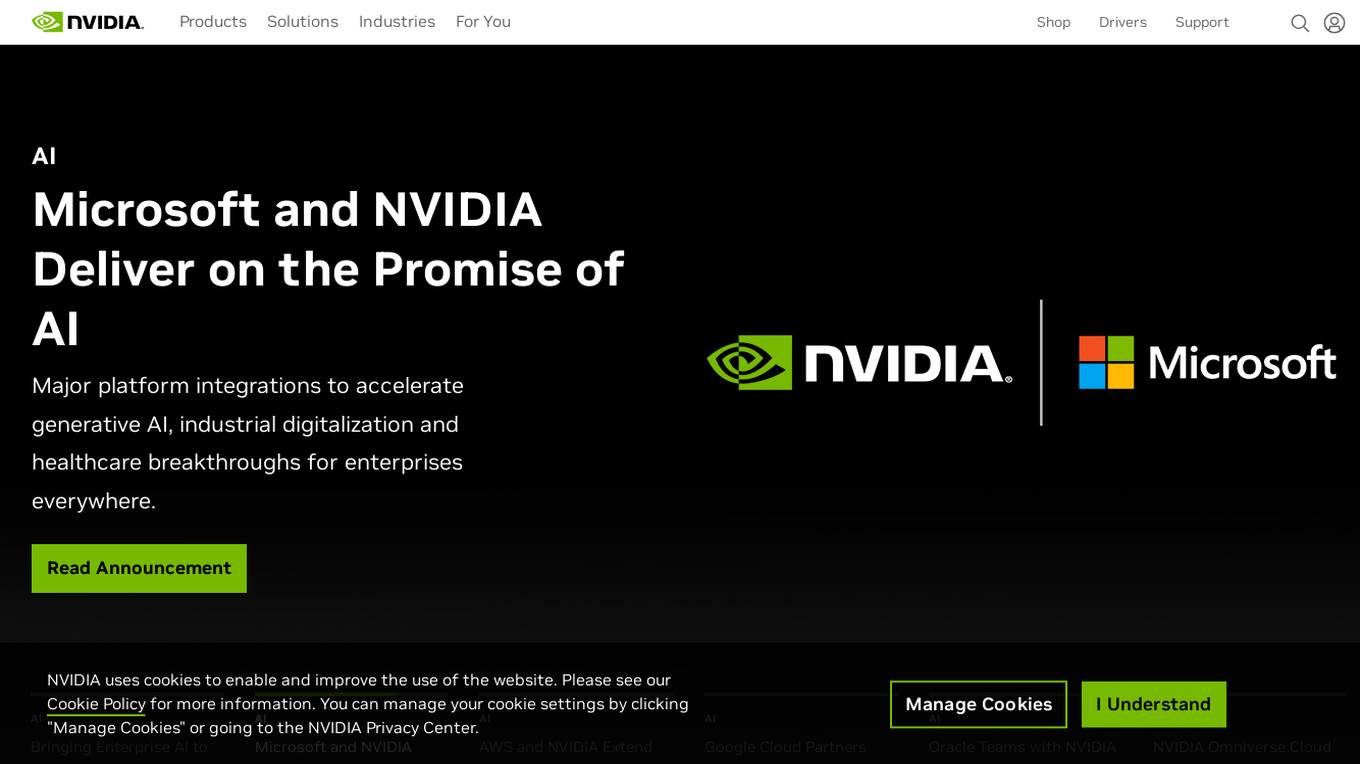
NVIDIA
NVIDIA is a world leader in artificial intelligence computing. The company's products and services are used by businesses and governments around the world to develop and deploy AI applications. NVIDIA's AI platform includes hardware, software, and tools that make it easy to build and train AI models. The company also offers a range of cloud-based AI services that make it easy to deploy and manage AI applications. NVIDIA's AI platform is used in a wide variety of industries, including healthcare, manufacturing, retail, and transportation. The company's AI technology is helping to improve the efficiency and accuracy of a wide range of tasks, from medical diagnosis to product design.

Dify.AI
Dify.AI is a generative AI application development platform that allows users to create AI agents, chatbots, and other AI-powered applications. It provides a variety of tools and services to help developers build, deploy, and manage their AI applications. Dify.AI is designed to be easy to use, even for those with no prior experience in AI development.

Langtail
Langtail is a platform that helps developers build, test, and deploy AI-powered applications. It provides a suite of tools to help developers debug prompts, run tests, and monitor the performance of their AI models. Langtail also offers a community forum where developers can share tips and tricks, and get help from other users.
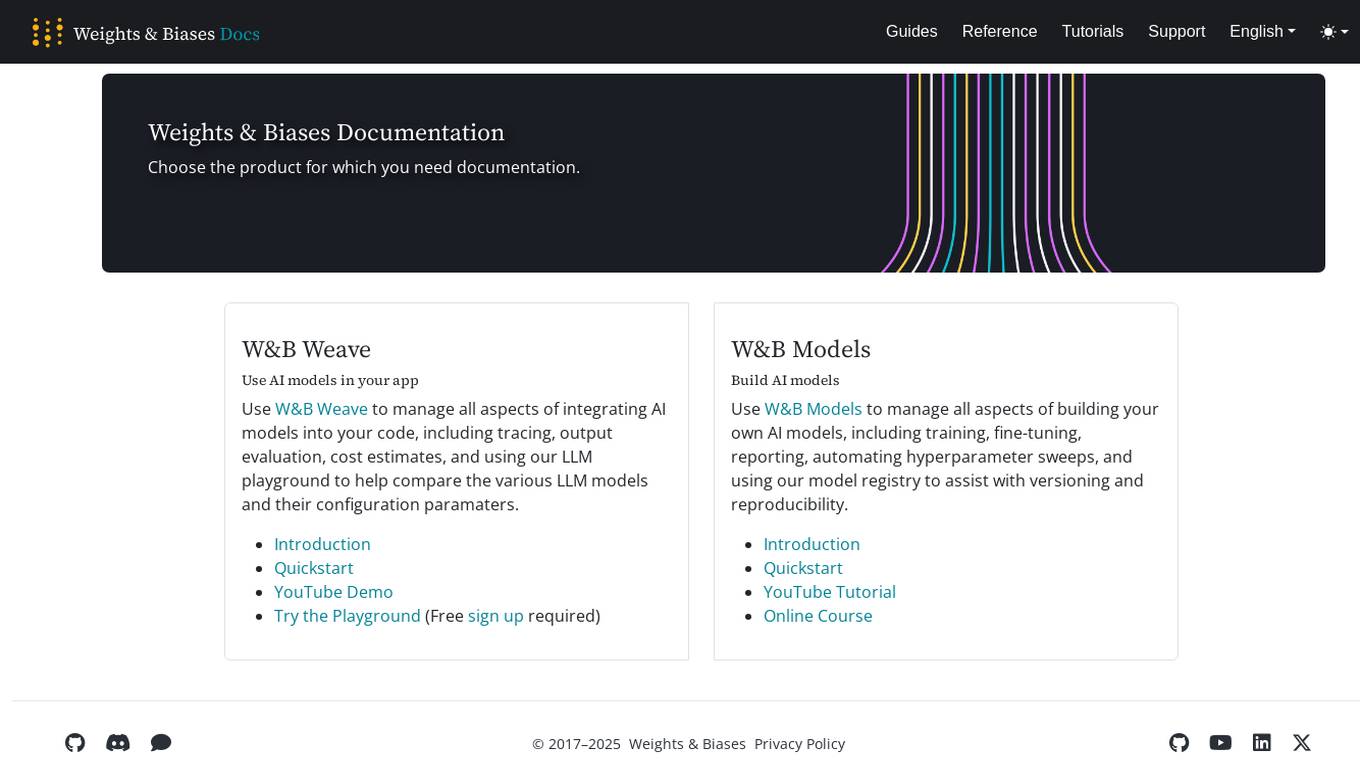
Weights & Biases
Weights & Biases is an AI tool that offers documentation, guides, tutorials, and support for using AI models in applications. The platform provides two main products: W&B Weave for integrating AI models into code and W&B Models for building custom AI models. Users can access features such as tracing, output evaluation, cost estimates, hyperparameter sweeps, model registry, and more. Weights & Biases aims to simplify the process of working with AI models and improving model reproducibility.

Azure AI Platform
Azure AI Platform by Microsoft offers a comprehensive suite of artificial intelligence services and tools for developers and businesses. It provides a unified platform for building, training, and deploying AI models, as well as integrating AI capabilities into applications. With a focus on generative AI, multimodal models, and large language models, Azure AI empowers users to create innovative AI-driven solutions across various industries. The platform also emphasizes content safety, scalability, and agility in managing AI projects, making it a valuable resource for organizations looking to leverage AI technologies.
1 - Open Source AI Tools
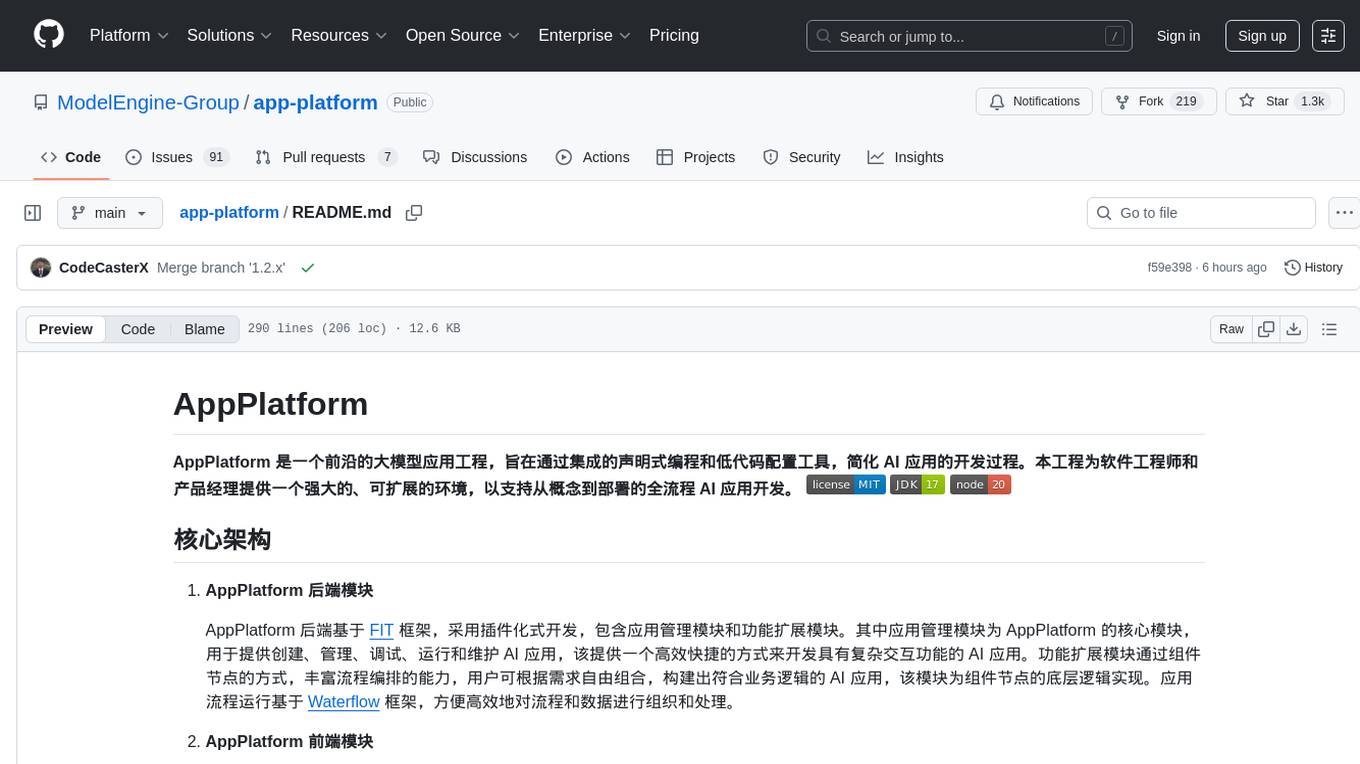
app-platform
AppPlatform is an advanced large-scale model application engineering aimed at simplifying the development process of AI applications through integrated declarative programming and low-code configuration tools. This project provides a powerful and scalable environment for software engineers and product managers to support the full-cycle development of AI applications from concept to deployment. The backend module is based on the FIT framework, utilizing a plugin-based development approach, including application management and feature extension modules. The frontend module is developed using React framework, focusing on core modules such as application development, application marketplace, intelligent forms, and plugin management. Key features include low-code graphical interface, powerful operators and scheduling platform, and sharing and collaboration capabilities. The project also provides detailed instructions for setting up and running both backend and frontend environments for development and testing.
20 - OpenAI Gpts
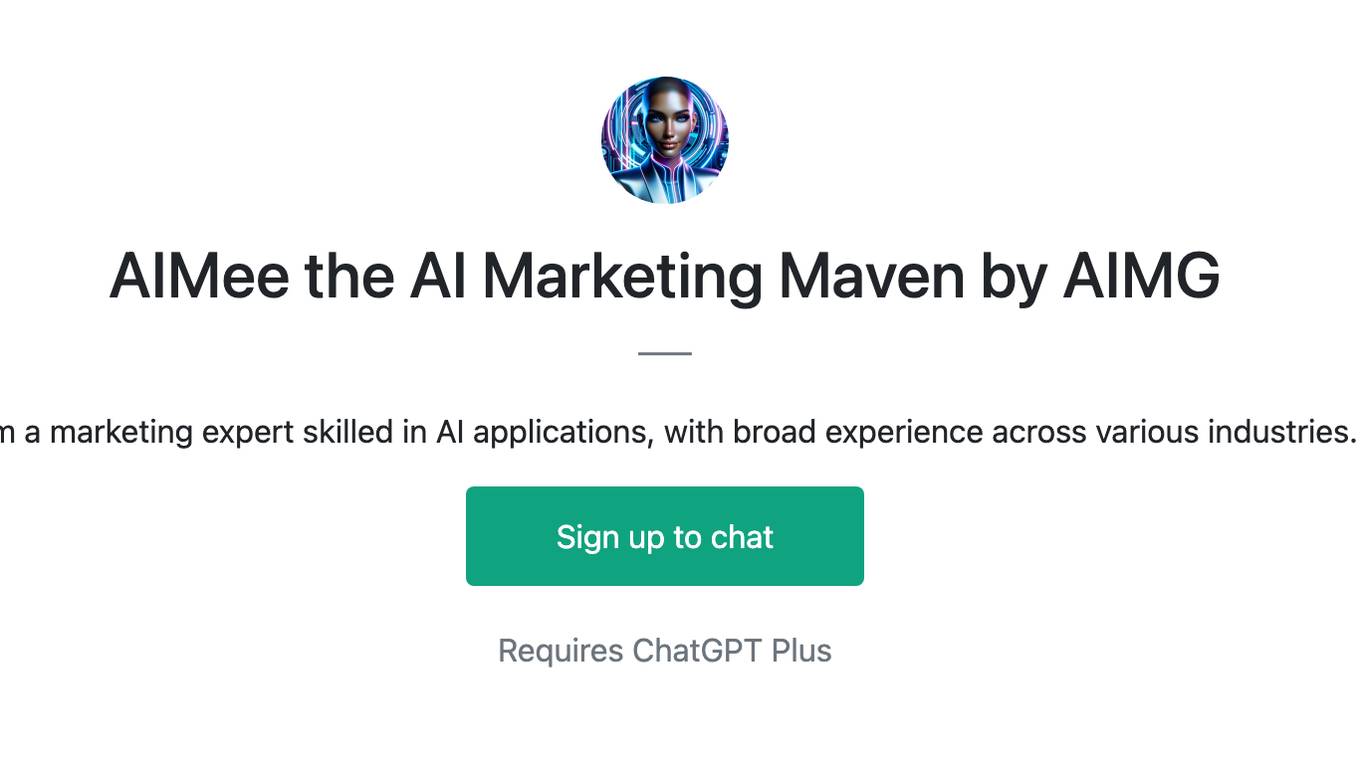
AIMee the AI Marketing Maven by AIMG
I'm a marketing expert skilled in AI applications, with broad experience across various industries.
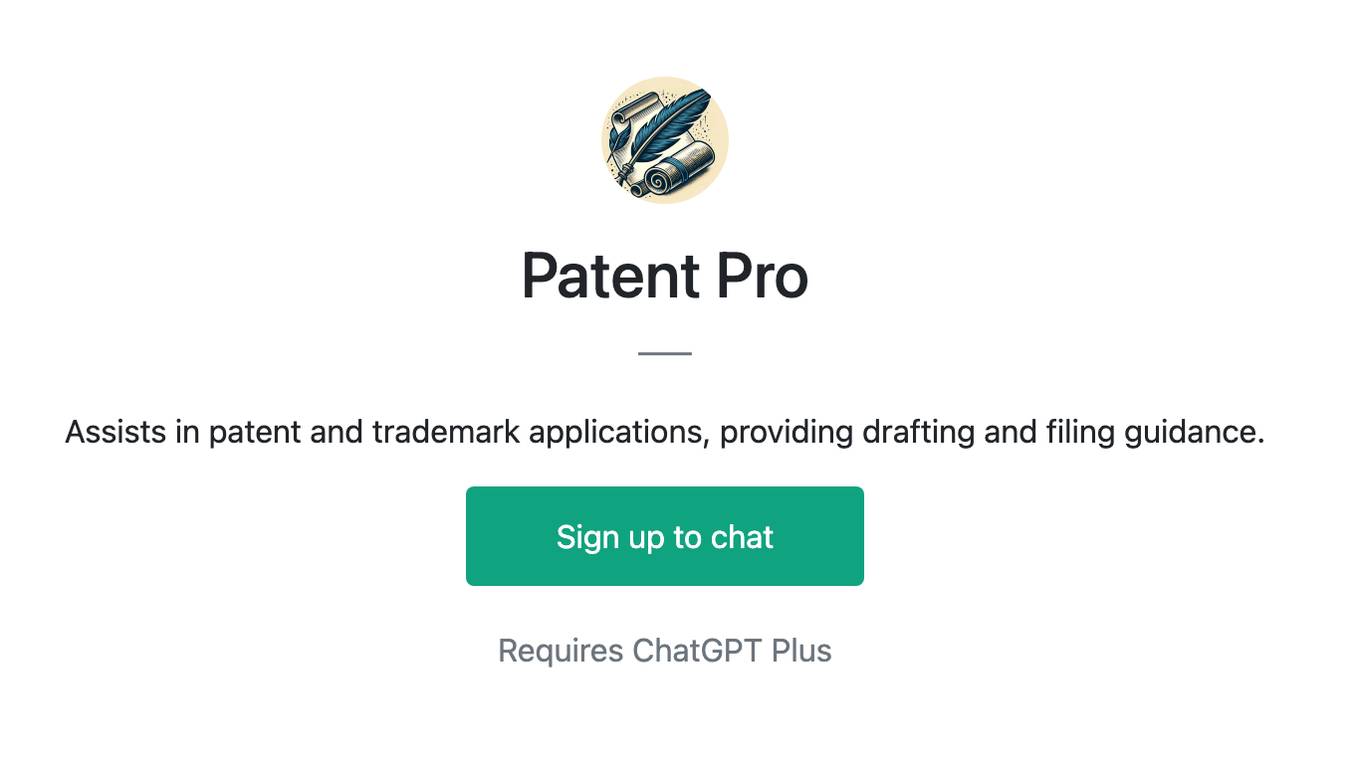
Patent Pro
Assists in patent and trademark applications, providing drafting and filing guidance.
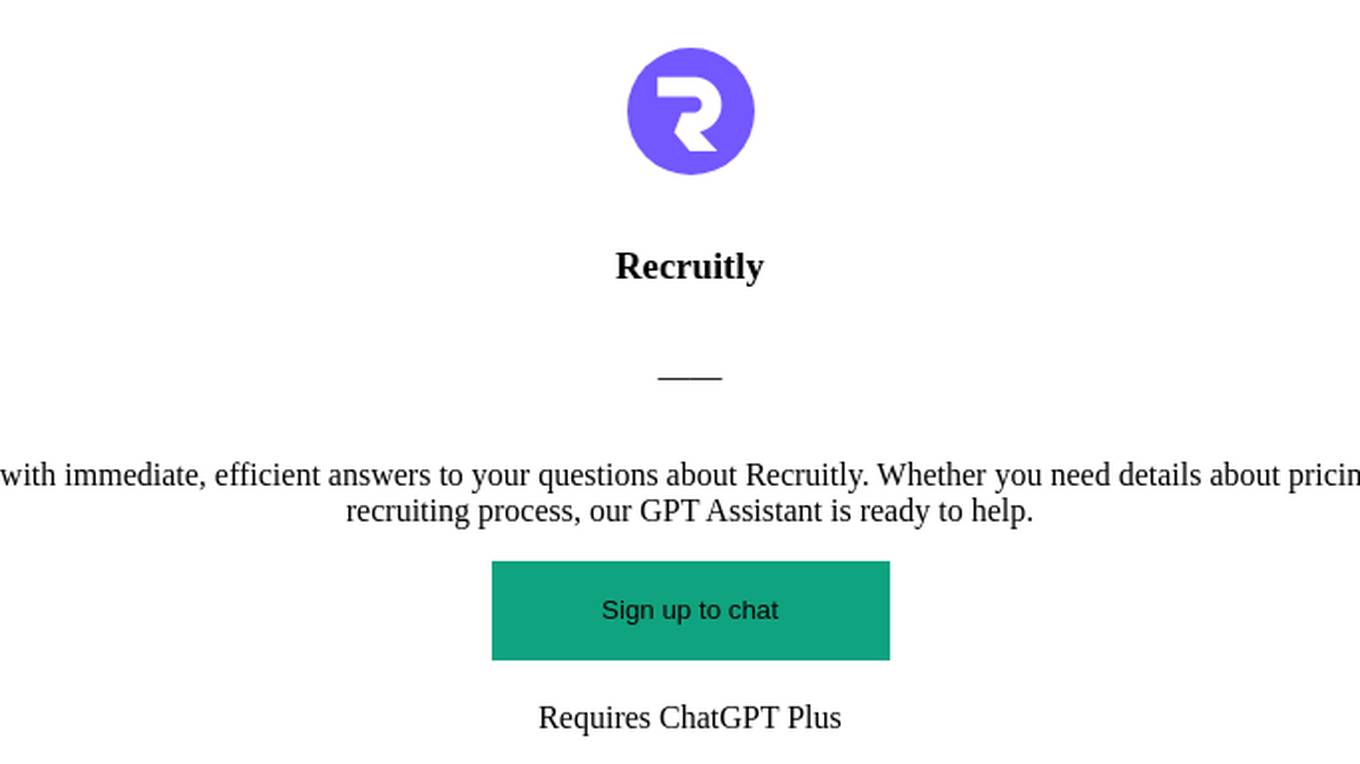
Recruitly
Our AI-powered assistant is here to provide you with immediate, efficient answers to your questions about Recruitly. Whether you need details about pricing, features, or how our platform can enhance your recruiting process, our GPT Assistant is ready to help.
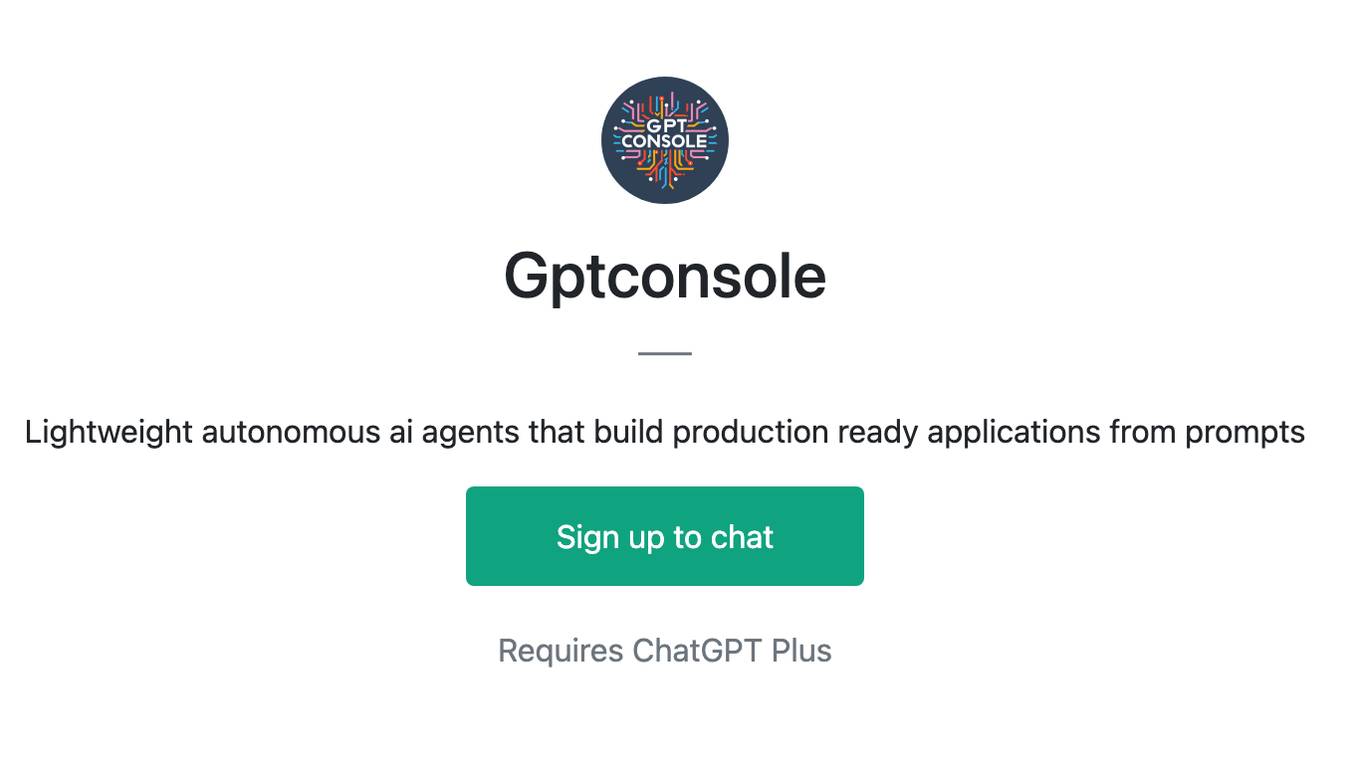
Gptconsole
Lightweight autonomous ai agents that build production ready applications from prompts
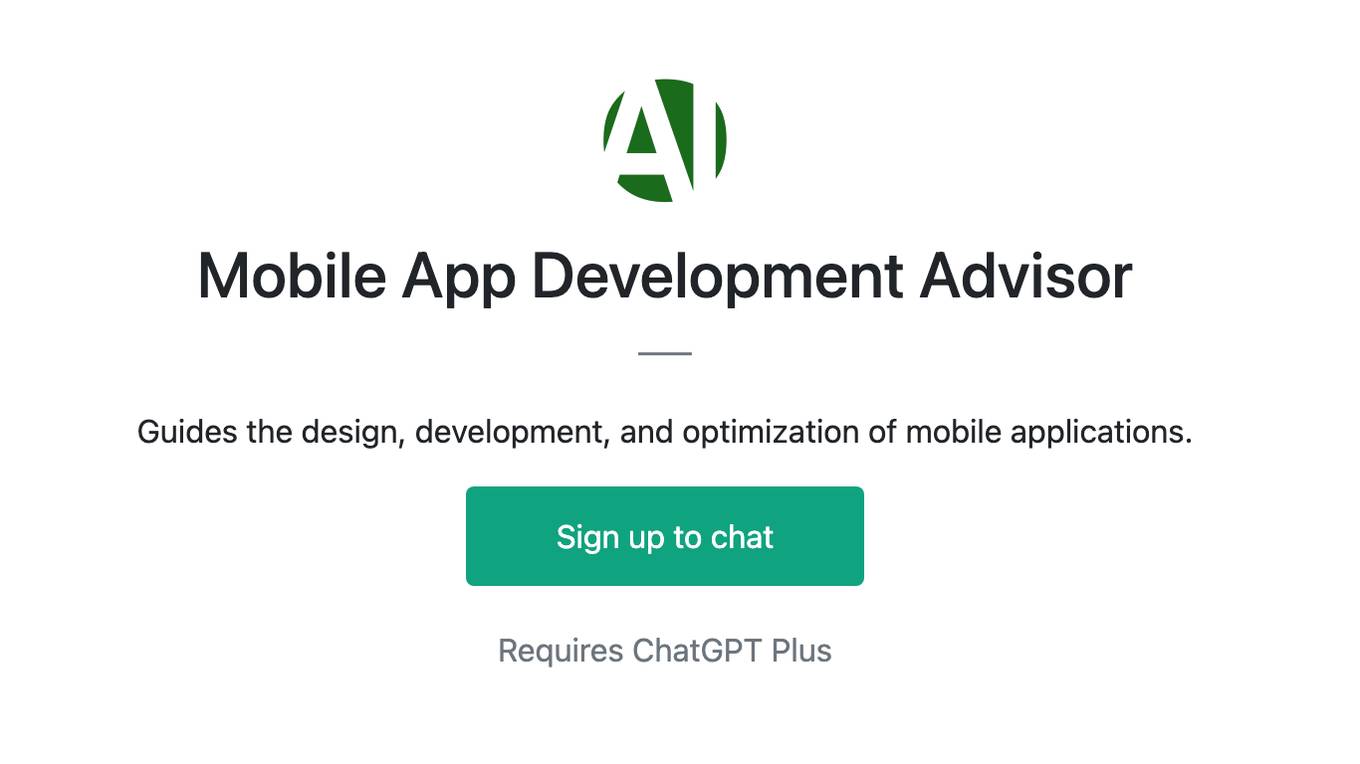
Mobile App Development Advisor
Guides the design, development, and optimization of mobile applications.
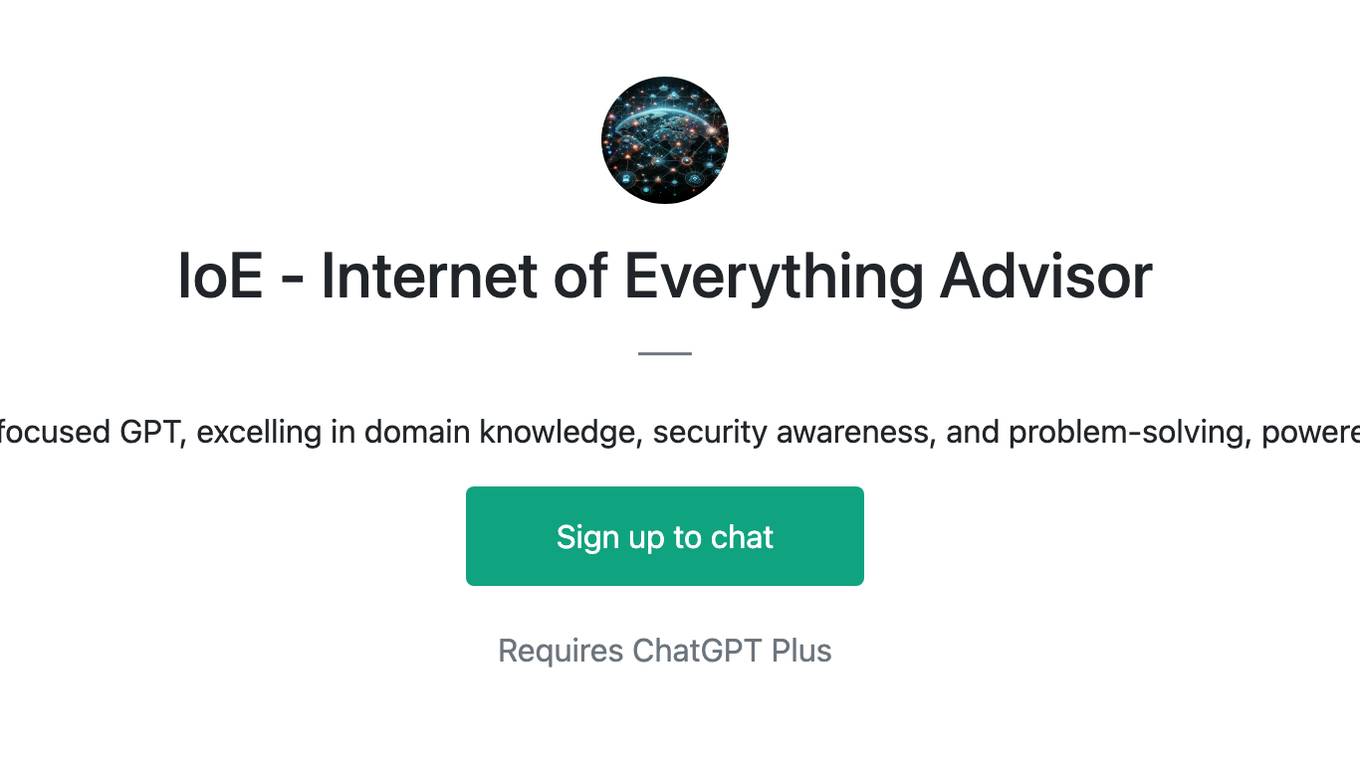
IoE - Internet of Everything Advisor
Advanced IoE-focused GPT, excelling in domain knowledge, security awareness, and problem-solving, powered by OpenAI

Mutual funds
We provide you with intelligent text generation capabilities to help you create high-quality text content in various applications.
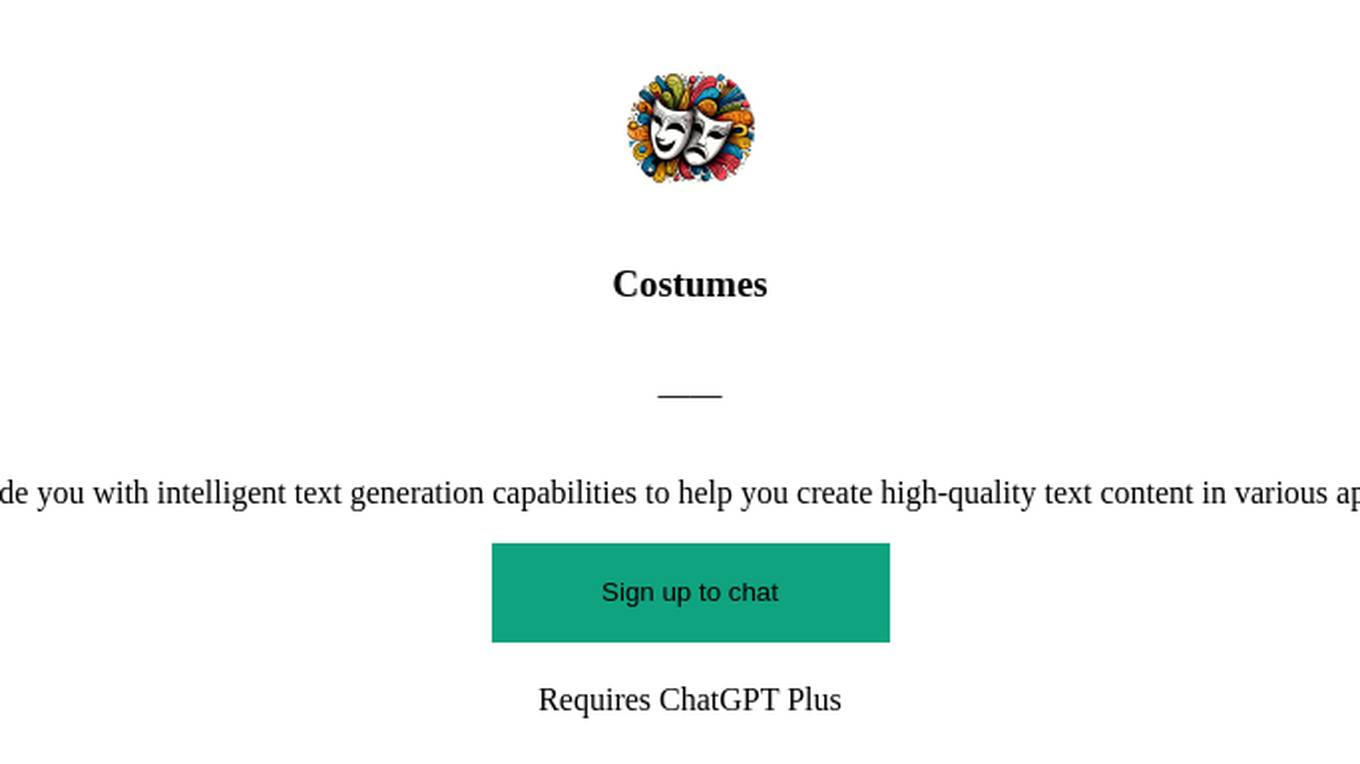
Costumes
We provide you with intelligent text generation capabilities to help you create high-quality text content in various applications.
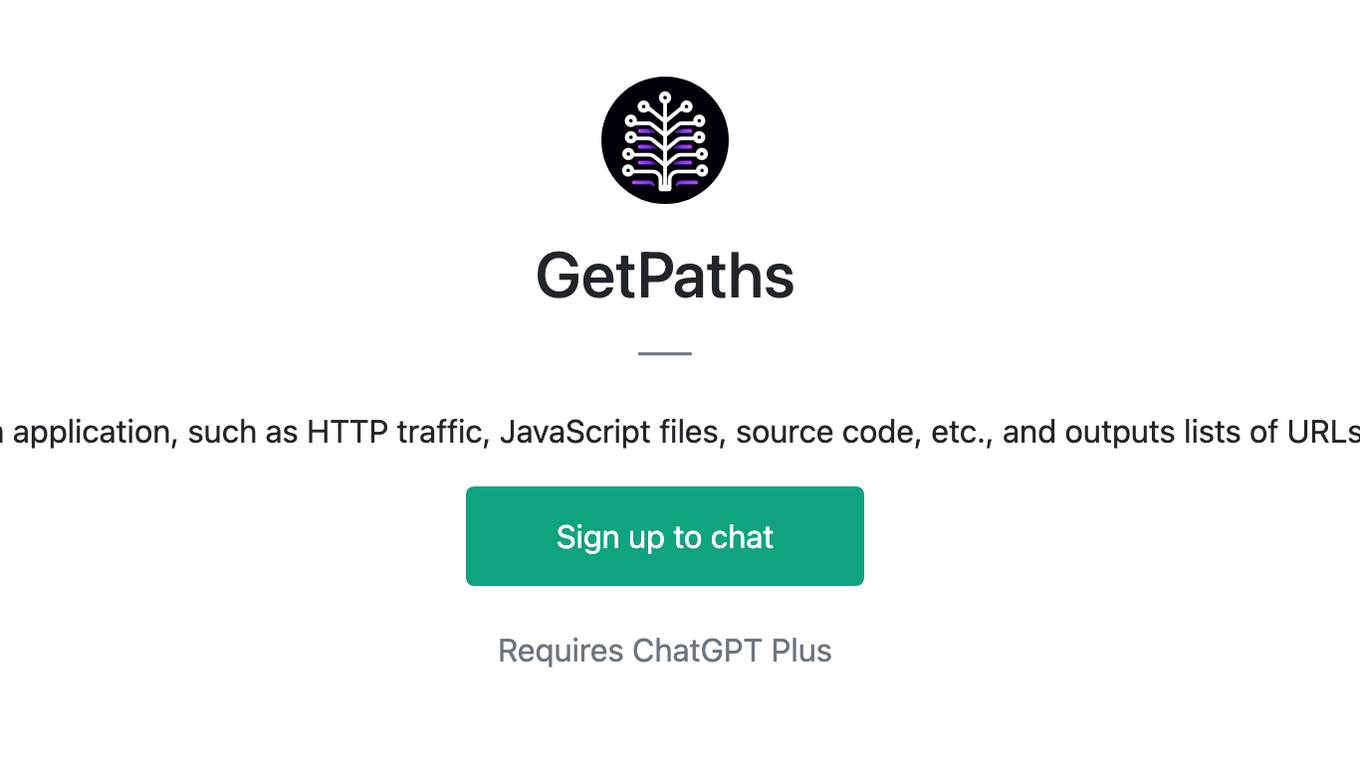
GetPaths
This GPT takes in content related to an application, such as HTTP traffic, JavaScript files, source code, etc., and outputs lists of URLs that can be used for further testing.
